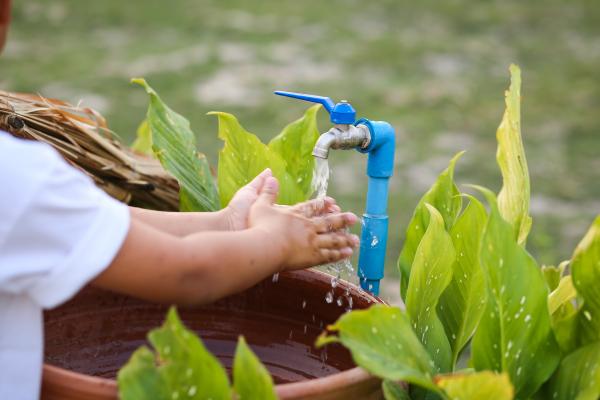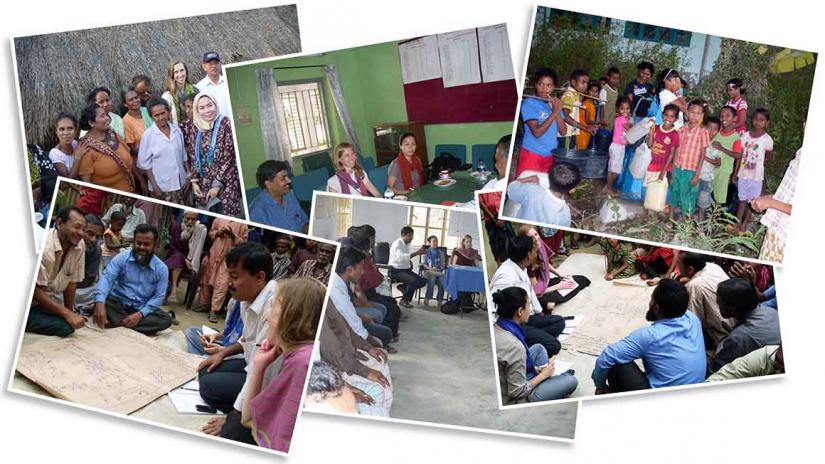How managers, policy makers and practitioners engage with issues of gender and social exclusion, determines fair and equitable access to water.
Project summary
There are deep systematic connections between SDG Goal 5 (Gender Equality) and SDG Goal 6 (Clean Water and Sanitation). In much of the world women and children are denied fair and equitable access to water. Yet at the same time, women overwhelmingly procure and manage water resources for the everyday needs of their family and community for drinking, cooking, hygiene, working, etc. Inequality, discrimination and social exclusion are common within water governance and water, sanitation and hygiene (WASH) policies, strategies and services. Excluding women, Indigenous peoples, minorities, disabled persons, older people, sexual minorities and economically disadvantaged people from water management designs, decisions, and processes can have adverse effects on an individual's access to water and sanitation infrastructure, as well as leaving out the knowledge and experiences of most of the community.
Over the past ten years reseachers at UTS have been exploring the connections between gender and WASH. Qualitative evidence has shown that transformed gender dynamics are fundamental to inclusive and sustained WASH improvements.
UTS researchers Melita Grant and Juliet Willetts undertook this project with the Australian Water Partnership (AWP) to develop a Framing Paper, Gender Equality and Goal 6 – the Critical Connection in support of the United Nations High-Level Panel on Water. Their publication synthesised evidence on gender equality and inclusion in relation to the water and sanitation SDG6 targets.
The work was undertaken with experts from WaterAid Australia and UK, and a number of case studies were included from Australian WASH civil society organisations. Promotion by the Australian Government’s Department for Foreign Affairs and Trade (DFAT) at international forums helped disseminate findings, learnings and recommendations to key stakeholders in the Asia Pacific region.
Project timeframe
2017-2020
More information
SDG targets addressed by this project
Gender equality:
5.4 - Recognize and value unpaid care and domestic work through the provision of public services, infrastructure and social protection policies and the promotion of shared responsibility within the household and the family as nationally appropriate.
Clean water and sanitisation:
6.1 - By 2030, achieve universal and equitable access to safe and affordable drinking water for all.
6.2 - By 2030, achieve access to adequate and equitable sanitation and hygiene for all and end open defecation, paying special attention to the needs of women and girls and those in vulnerable situations.
-
Program lead - International Development, Institute for Sustainable Futures
-
Professor Institute for Sustainable Futures







